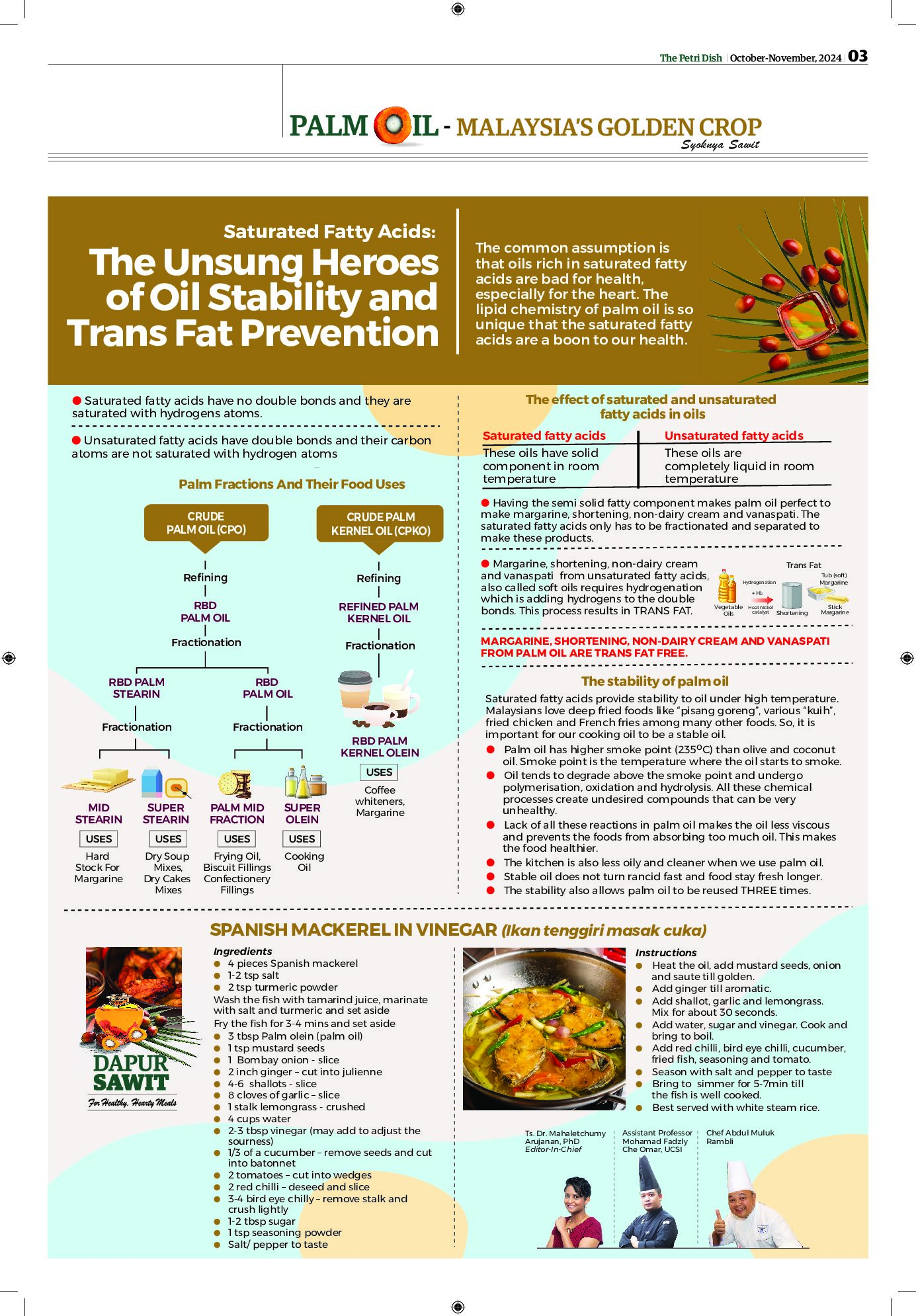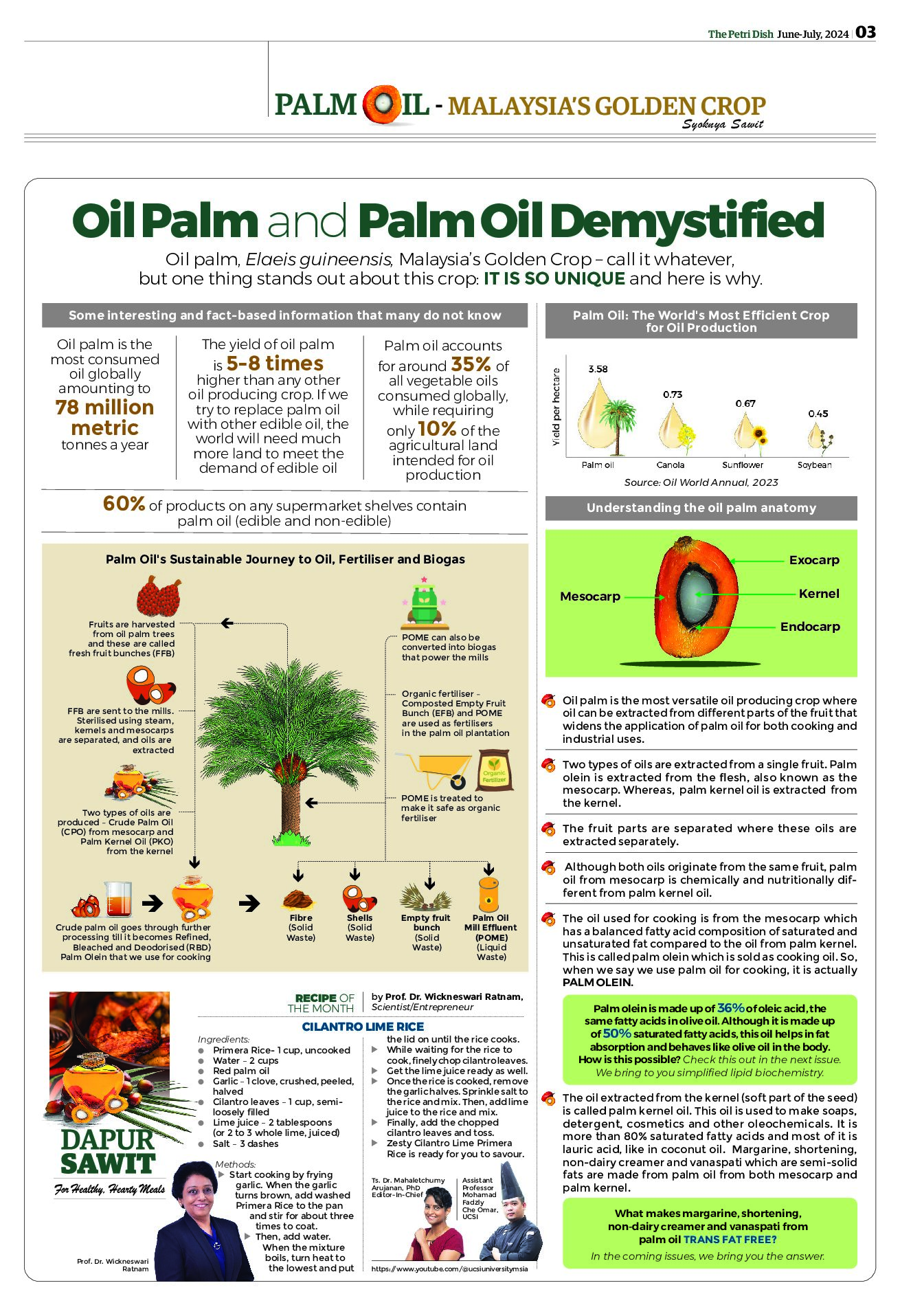A TEAM of scientists published a policy forum article on the technological challenges of milestones when writing about genomes. The article focuses on identifying what technological advances are needed to secure the continuously changing field of synthetic biology. The authors also highlighted the need to keep its implementation safe and responsible.
The 21 scientists from different disciplines and institutions got together to write down a joint call for an established outlined timeline for the development of the transformative advances of synthetic biology. At the moment, synthetic biology uses computational techniques that can identify genes that produces beneficial traits. In agriculture, synthetic biology is used to produce improved plant varieties and animal breeds. By understanding the full potential of engineering biology, the authors noted that scientists will be able to better write and test whole genomes and therefore fully explore the field of synthetic genomics.
The authors pointed out that significant improvements are needed to cut costs and increase the speed and reliability of existing genetic tools. They have identified upcoming technologies and improvements to current methods that will be needed in the four major areas in synthetic biology if synthetic genomics is to expand further in the next ten years. Discussed in the paper are the areas of genome design, DNA synthesis, genome editing, and chromosome construction. In summary, the paper emphasises that an interdisciplined, multinational effort from concerned key sectors will lead to further exploration of synthetic genomics for it to make a positive impact in biomedical, pharmaceutical, agricultural and chemical field.
The article is part of a broader effort initiated by the Genome Project-write (GP-write), which provides an avenue to encourage inclusive conversation among experts of different fields and the public to ensure safe and responsible implementation of the new technologies. In terms of agriculture, the authors stated that being able to write about whole plant genomes can lead to more efficient and productive crop production methods to ensure global food security.

















